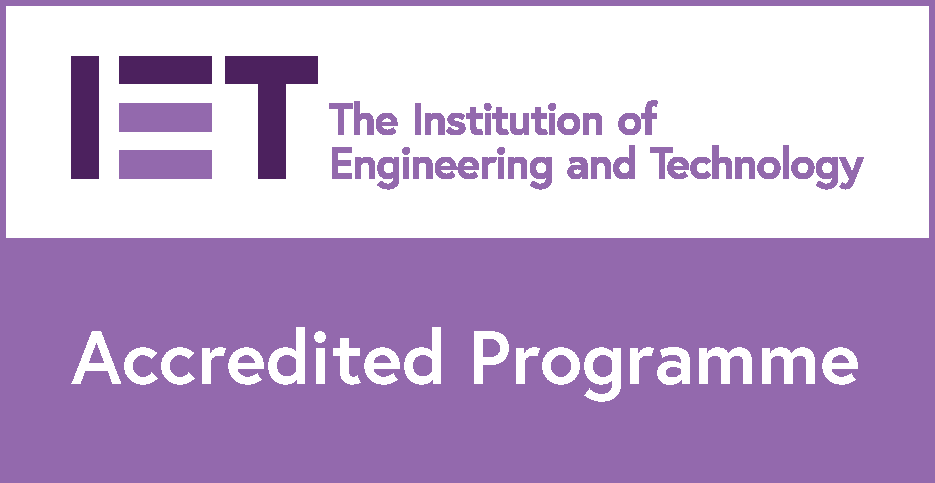Strand Campus
Strand Campus feels like the heart of London—historic yet buzzing with energy. Nestled by the Thames, it offers world-class academics, vibrant student life, and endless inspiration from the city’s culture and diversity.
Our Robotics MSc aims to develop your knowledge in the diverse field of robotics and intelligent, autonomous systems. You'll gain valuable experience in designing and deploying robotic devices and delivering smart engineering solutions.
Designed for graduates with an engineering or a related scientific background, the course will train you in all aspects of the hardware and software skills needed to work in the fast-moving and dynamic field of robotics, while also offering insight into the emerging technologies that are defining its future. Combining taught modules with hands-on projects, labs and workshops, the programme ensures you have both a solid theoretical foundation and essential practical skills.
You'll graduate with a highly sought-after skillset in problem-solving, coding, and computational and mathematical techniques. This prepares you for a range of careers in the enormously diverse field of robotics, including in AI, humanoid robots, analysis, data, automation, manufacturing, and sensing.
Accredited by the Institution of Engineering and Technology (IET) on behalf of the Engineering Council as meeting the requirements for Further Learning for registration as a Chartered Engineer. Candidates must hold a CEng accredited BEng/BSc (Hons) undergraduate first degree to fully meet the CEng registration educational requirements. Period of accreditation: 2024-2028

The academics are experts in their field of study, and with their constant encouragement and guidance I accelerated my learning process and had a truly enriching experience

Studying our multi-disciplinary MSc course in Robotics allows you to explore the exciting field of robotics, covering the integration of mechanical devices, sensors, electronics and intelligent computer-based controllers to build robotic systems.
The course introduces you to key areas in robotics, including robot kinematics and motion planning, dynamics and control, sensing and perception, and intelligence and autonomy. You can then choose from a range of optional modules, including pursuing specialisation pathways in design, operations and management, hardware, and data and AI.
A key part of the course is hands-on learning through labs and workshops, where you'll gain practical skills like using robot operating systems. You'll then apply these skills in two major projects. The first is a group project that runs throughout both semesters, where you'll work in a small team to build a robot that can handle complex tasks. The second is an individual project toward the end of your degree, where you'll do a deep dive into a specific research topic.
Your individual project could involve conducting experimental research or designing a scientific study. Potential topics are diverse, including exploring robotic navigation, training humanoid robots to work with people, developing tactile sensing, or working with prosthetics and medical devices. Some students even get the chance to work on cutting-edge research grants with PhD and postdoctoral researchers, with the potential to publish their work in academic journals.
As part of this project, you’ll get access to advanced robotic equipment in our research labs and fabrication facilities, including 3D printers, CNC machines, laser cutters, PCB fabrication tools for circuit boards, our drone arena, and robotic arms.

Reviewed, inspected and accredited by the The Institution of Engineering and Technology (IET)
Strand Campus feels like the heart of London—historic yet buzzing with energy. Nestled by the Thames, it offers world-class academics, vibrant student life, and endless inspiration from the city’s culture and diversity.
Our Waterloo campus is home to the Florence Nightingale Faculty Nursing & Midwifery, and a vibrant hub for health, social science, and law students. Located moments from the iconic landmarks of South Bank and just a short walk to the Stand campus.